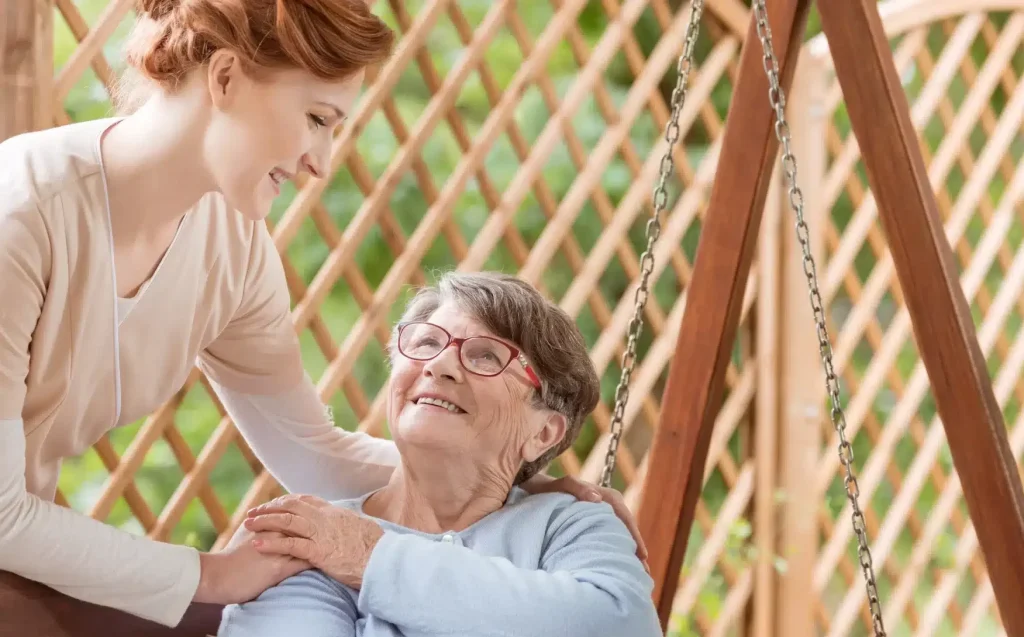As society grapples with the complexities of aging populations and shifting healthcare landscapes, there has been a growing recognition of the importance of transforming health care to prioritize comfort, dignity, and personalized support for individuals in their own homes. Through innovative approaches, interdisciplinary collaboration, and a commitment to compassionate care, health care in homes is undergoing a profound evolution, empowering individuals to live their final days with dignity, autonomy, and peace.
Personalized Care Plans: Central to transforming healthcare in homes is the development of personalized care plans that honours the unique needs, preferences, and values of each individual. By engaging patients, families, and interdisciplinary care teams in collaborative decision-making, personalized care plans encompass a holistic approach to care that addresses physical, emotional, spiritual, and psychosocial needs. Through ongoing assessment, communication, and adaptation, these care plans evolve with the individual’s changing circumstances, ensuring comfort, support, and quality of life until the very end.
Interdisciplinary Collaboration: Transforming health care in homes requires close collaboration among healthcare professionals, caregivers, community organizations, and social support networks. Interdisciplinary teams, comprising physicians, nurses, social workers, spiritual care providers, and palliative care specialists, work together to coordinate care, address complex needs, and optimize outcomes for patients and families. By leveraging their collective expertise and resources, interdisciplinary teams offer comprehensive support that extends beyond medical interventions to encompass emotional support, practical assistance, and spiritual guidance.
Advanced Symptom Management: Effective symptom management is essential to transforming health care in homes, ensuring that individuals remain comfortable and free from distressing symptoms throughout their life journey. Palliative care principles guide the proactive assessment and management of pain, dyspnea, nausea, anxiety, and other symptoms, with a focus on optimizing symptom control, enhancing quality of life, and promoting dignity. Through timely interventions, personalized medication regimens, and non-pharmacological approaches such as massage, relaxation techniques, and music therapy, individuals receive tailored support that honour their unique experiences and preferences.
Family-Centred Support: Recognizing the integral role of families in health care, transformative approaches prioritize family-centred support that acknowledges the emotional, practical, and spiritual needs of loved ones. Family caregivers receive education, training, and respite services to enhance their caregiving skills, alleviate burnout, and promote self-care. Bereavement support programs offer ongoing counselling, support groups, and commemorative rituals to help families navigate the grieving process and find meaning in their loss. By fostering open communication, empathy, and shared decision-making, family-centred support creates a supportive environment where individuals and families feel empowered, valued, and respected.
Community Engagement and Resources: Transforming health care in homes requires active engagement with local communities, organizations, and resources to create a supportive ecosystem that meets the diverse needs of individuals and families. Community-based palliative care programs offer home visits, telehealth services, and care coordination to extend the reach of specialized palliative care to individuals living in remote or underserved areas. Volunteer networks provide companionship, practical assistance, and emotional support to individuals and families facing the end of life, fostering a sense of connectedness and belonging within the community.
In conclusion, transforming health care in homes is a multifaceted endeavour that requires a holistic approach encompassing personalized care plans, interdisciplinary collaboration, advanced symptom management, family-centred support, and community engagement. By embracing compassion, dignity, and empowerment, transformative approaches empower individuals to live their final days with comfort, autonomy, and peace in the familiar surroundings of home. As we continue to innovate and evolve, may we collectively strive to create a future where every individual receives the compassionate and dignified health care they deserve, wherever they call home.





